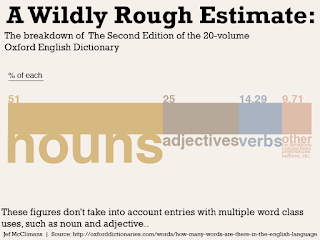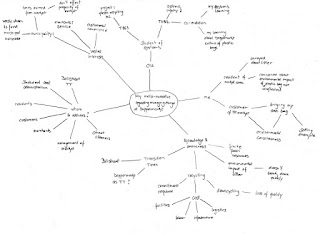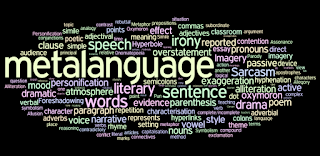The London Underground, the first urban rail transport system of its kind, opened 150 years ago today. It is known as the Tube because of the distinctive shape of the trains and tunnels. Many local train networks have copied the basic model of the Underground, but none takes either of its names. So we have the Paris Metro, New York Subway and the Hong Kong MTR. I took the original line (London Metropolitan) to my school every week day and then various lines to various jobs but still only know a fraction of the vast network. What I can say is that you should avoid the Northern Line (if you want to arrive on time) and the Central Line during the Sales. And my fave has always been the District - the beautiful green line which takes you out to Ealing or Richmond, depending where you branch off. Happy Birthday, Tube! 150 facts from 150 years of Underground



